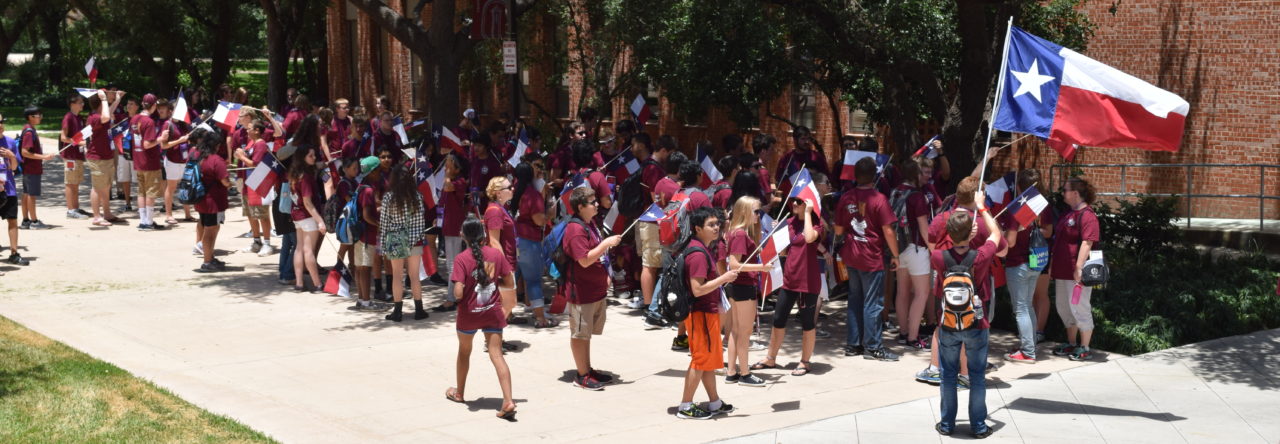- “Classics students have among the highest scores on GREs of all undergraduate majors. Classics majors also have a very high success rate in applications to graduate schools, law schools, and medical schools. This is perhaps because the skills and knowledge acquired through the study of Classics are highly transferable to other areas: students emerge with the ability to deal with precise details, the habit of being consistently prepared to perform, and the sense of perspective that comes from the study of such a long and broad sweep of history and culture.” — Carleton College
- “Classics majors learn to analyze; they reason clearly and write well. They have a broad and synthetic view of the past, and this translated readily when they find themselves in any new situation. …Classics is not a narrow but a broad field, and it allows us to branch out in many ways.” — Wheaton College
- “How can the study of the past help me obtain a job in the future? Unlike many other degrees offered at most colleges and universities, Classics is the ideal model of an interdisciplinary degree. Since Classicists approach the study of the past from a vast array of perspectives, our intellectual toolkit [is] large.” — Luther College
- “The Classics major is one of the most superb instruments in the liberal arts panoply, both as a means towards general human cultivation and as a path to many academic careers… A Classics major is so quintessential an experience of the liberal arts because it includes a) extremely rigorous technical training, b) immersion in superb literature and art, c) sophisticated historical, philosophical, and theological study. The field of Classics, perhaps the oldest of academic fields, is also from a modern point of view the most experimental and novel in that it has always been an essentially interdisciplinary field…” — Carleton College
